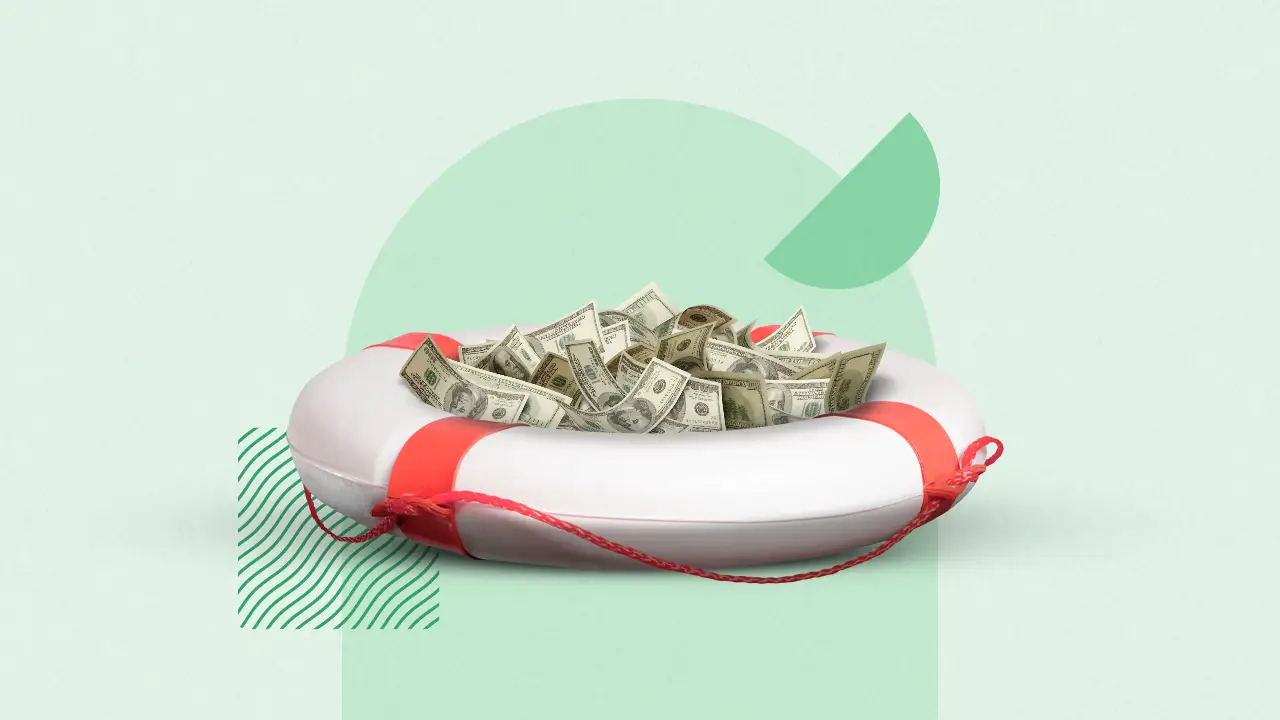Life is unpredictable—jobs can be lost, medical emergencies can arise, and unexpected expenses can hit when you least expect them. That’s where an emergency fund comes in. It’s your financial safety net, designed to protect you from life’s uncertainties without going into debt.
What Is an Emergency Fund?
An emergency fund is a stash of money set aside specifically to cover unexpected expenses, such as medical bills, urgent home repairs, or sudden job loss. It’s not meant for planned purchases or vacations—only true financial emergencies.
Why an Emergency Fund Is Important
Having an emergency fund can be the difference between weathering a crisis and falling into debt. It gives you peace of mind, knowing you’re prepared for the unexpected. Without one, many people resort to credit cards or loans during emergencies, which can lead to long-term financial strain.
How Much Should You Save?
The 3-to-6 Months Rule
Most financial advisors recommend saving between three to six months’ worth of essential living expenses. This includes rent or mortgage, utilities, food, insurance, and minimum debt payments.
Adjust Based on Your Situation
- Single-income households or freelancers may want to aim for closer to six months or more.
- Dual-income households or those with stable jobs might be fine with three months.
Start Small, Grow Gradually
If six months seems overwhelming, start with a smaller goal—like $500 or $1,000—and build from there. Every dollar saved increases your financial security.
How to Build an Emergency Fund
- Set a realistic savings goal based on your monthly expenses
- Open a separate high-yield savings account to keep your emergency fund separate
- Automate your savings with a recurring transfer each payday
- Cut non-essential spending to free up extra money
- Use windfalls like tax refunds or bonuses to give your fund a boost
Conclusion
An emergency fund isn’t just a smart financial move—it’s a vital one. It provides stability, reduces stress, and helps you avoid debt in difficult times. Start small, stay consistent, and treat your emergency fund as a non-negotiable part of your financial foundation. Future you will be grateful.
Would you like another one on topics like budgeting, credit scores, investing, or retirement planning?
